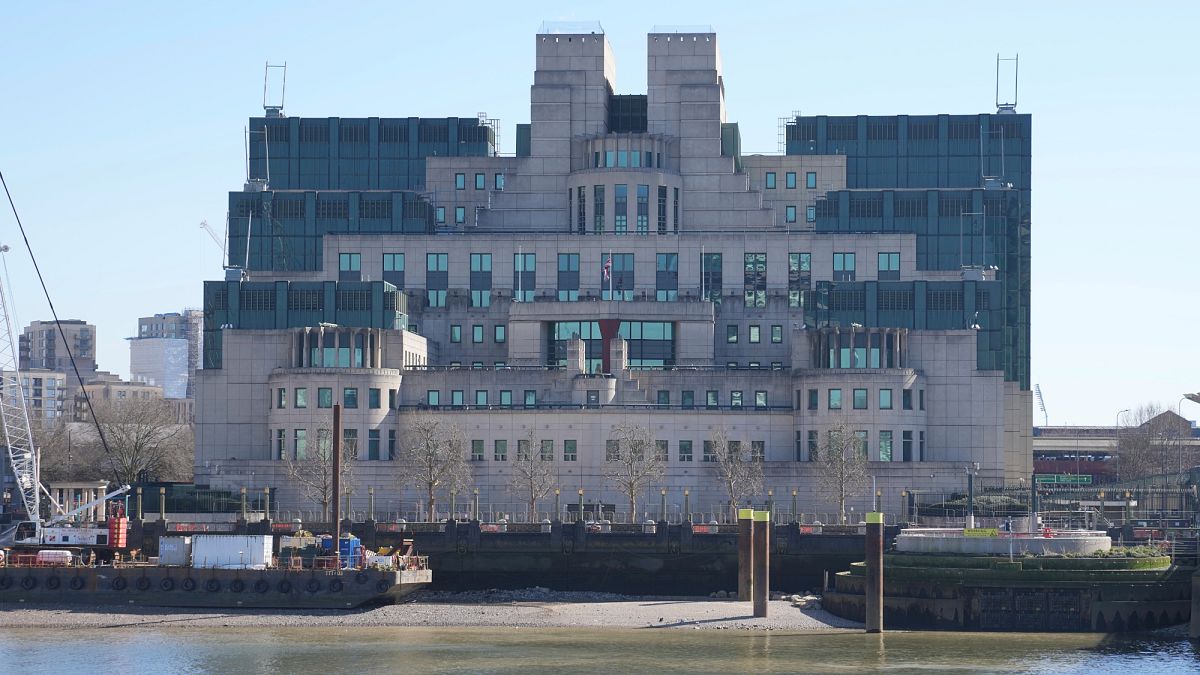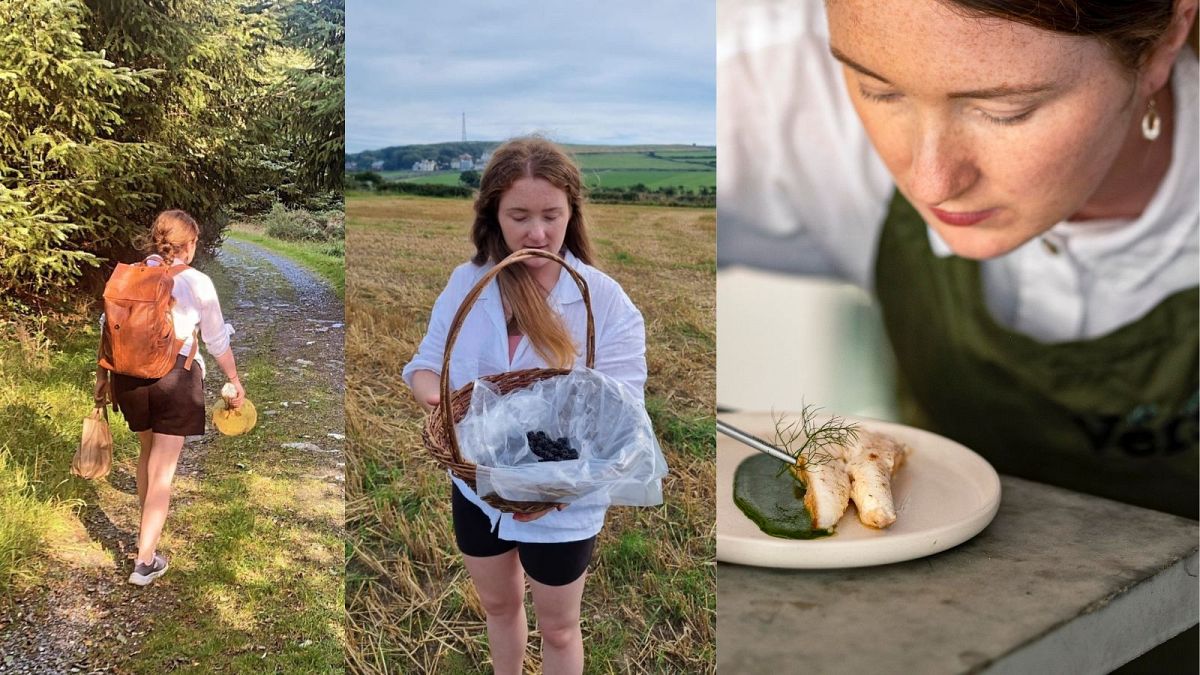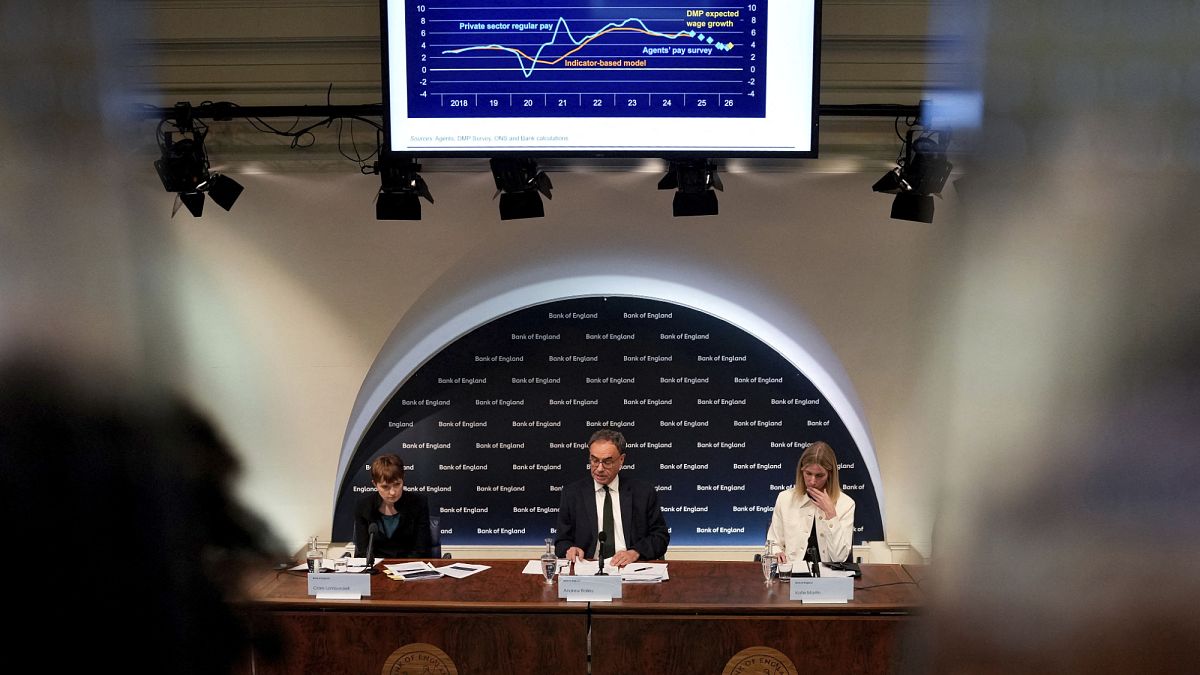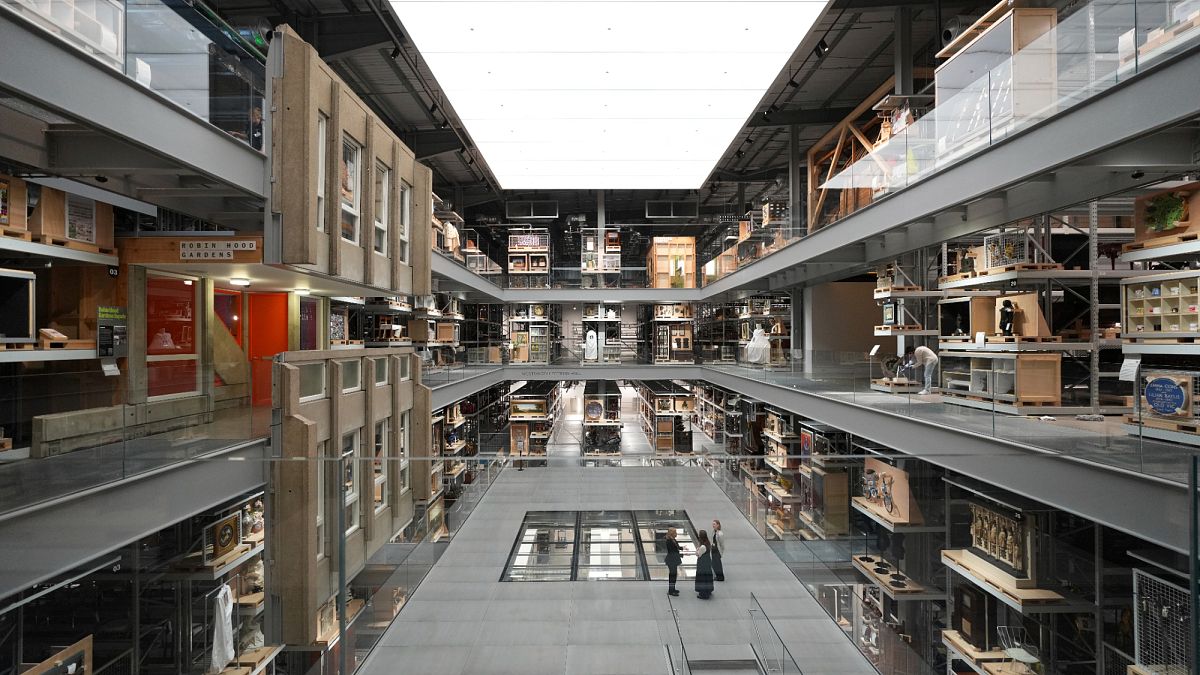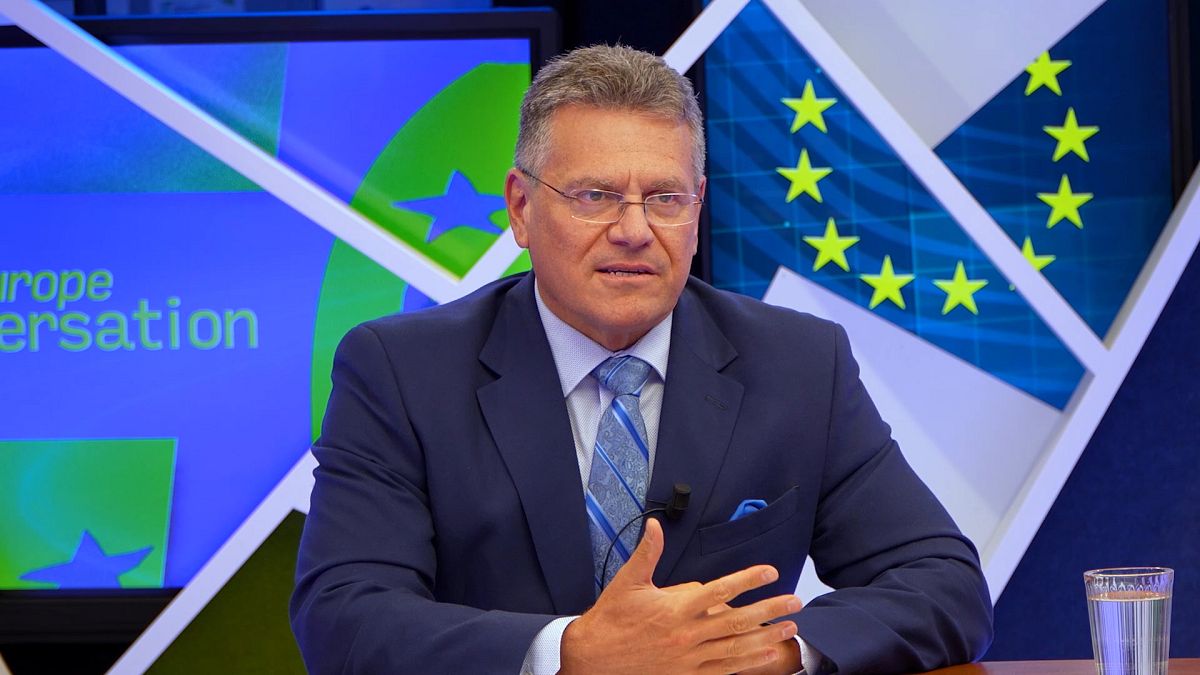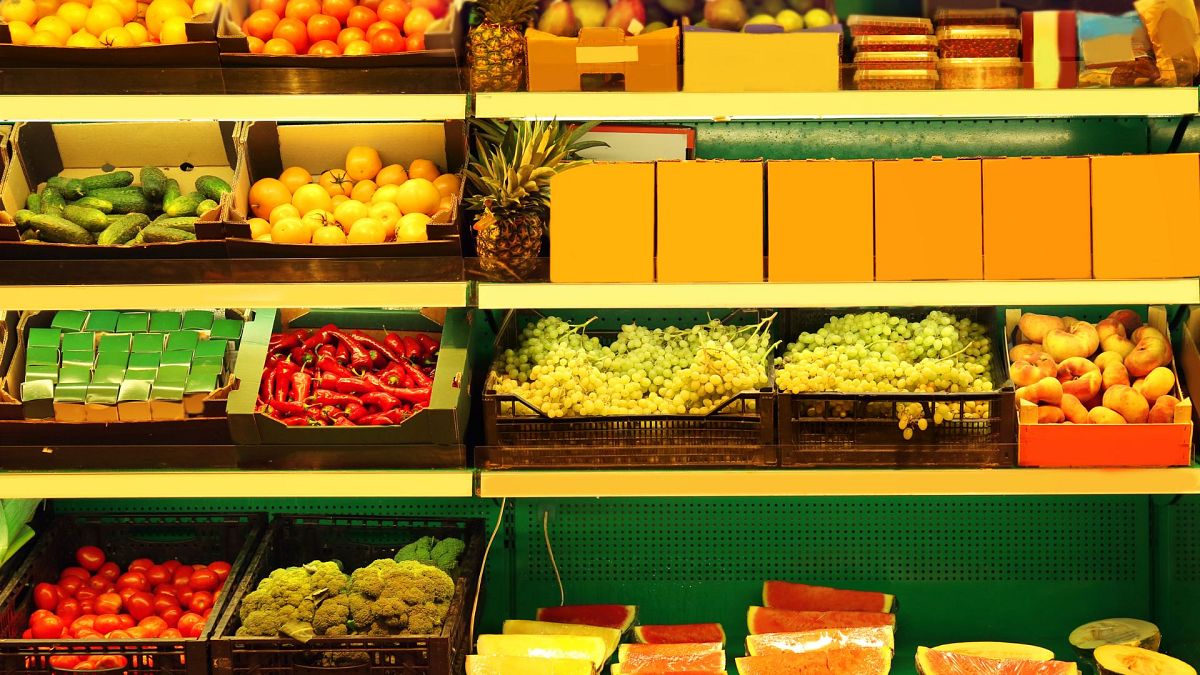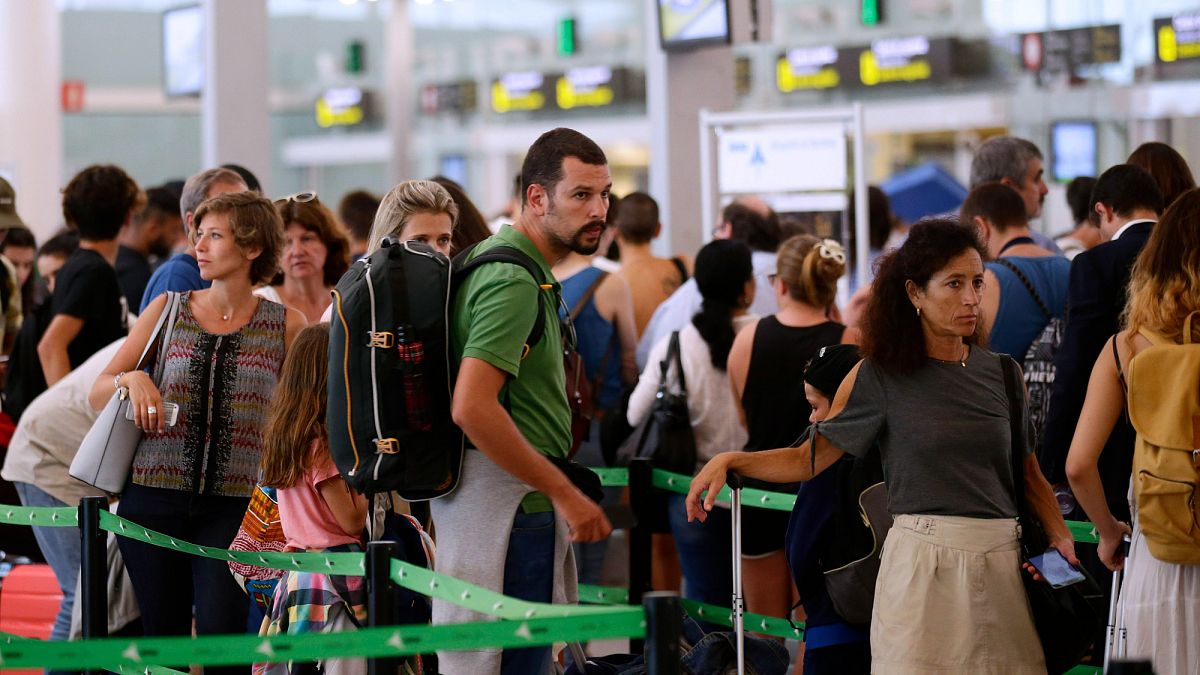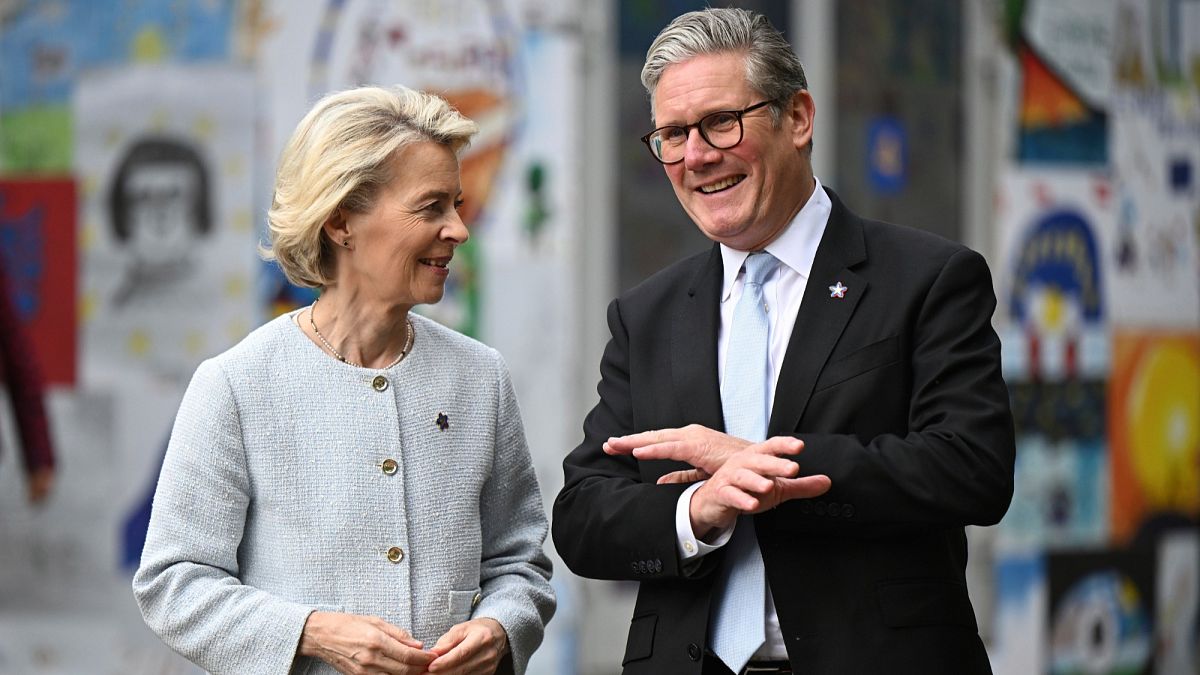Scotland’s ultranationalists are trying to seize their moment
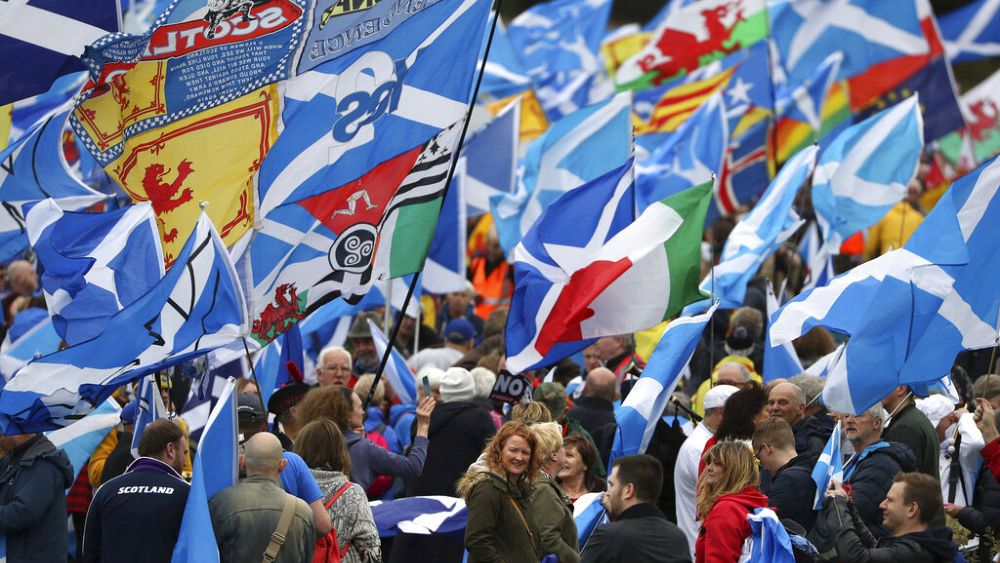
Nicola Sturgeon’s departure and arrest have sent her party into disarray. Now fringe groups in the independence movement sense an opening.
The Scottish Nationalist Party is in disarray.
Since former first minister Nicola Sturgeon abruptly left office earlier this year, she and her husband Peter Murrell have both been arrested in connection with a long-running inquiry into party finances.
Her successor, Humza Yousaf, has been left trying to forge a clear pathway toward Scottish independence – the party’s fundamental goal.
But he faces a big challenge.
With a second independence vote blocked by the courts, the SNP recently decided to treat the next election as a “de facto referendum”, though the criteria for “winning” are unclear.
Adding to the sense of turmoil, several SNP MPs are stepping down at the next election.
Yet for all the party’s problems, there is so far little sign that support for Scottish independence is falling.
This is emboldening radical nationalist groups to try and change the game.
The most significant other nationalist party in Scotland is Alba, led by Sturgeon’s predecessor Alex Salmond. Founded in 2021, it often defines itself in opposition to the SNP – especially on trans identity issues.
Alba has so far failed to break through electorally, but with Salmond at the helm, it is attracting activists from more outlying factions of the independence movement.
One example is a relatively new activist group named Salvo, a small campaigning organisation assembled under the banner of what they call “Scottish Liberation”.
Unlike the more forward-looking SNP, Salvo’s rationale for independence is grounded in the “Claim of Right”, a document signed in 1689 whose constitutional details it says mean that “the Union of Scotland and England is built on a lie”.
The group’s central claim is that Scotland’s ancient constitution has been illegally ignored for more than three centuries, making Scotland not a member of the Union but a colony.
Independence is occasionally couched in terms of colonialism even by elected SNP figures, but Salvo goes much further than analogy. It insists Scotland is an “annexed territory” that has been the victim of “subjugation” by “the English government”.
It wants the International Court of Justice and the United Nations to declare Scotland a colony – something considered an extremely unorthodox idea by many.
Beyond the norm
Salvo could be seen as a small hardcore activist group with grandiose plans that are found in many broad-church political movements.
Yet it’s less marginal than it seems: one of its core members, journalist Laurie Flynn, was listed as the official founder of Alba when it was registered with the Electoral Commission.
But a Salvo spokesman told Euronews that while many Salvo members previously “saw a natural crossover” with Alba, that’s no longer the case.
“Salvo members who are also members of pro-independence parties, particularly the SNP and Alba, face exactly the same challenge when it comes to educating and influencing their own parties,” they said.
“Both SNP and Alba members have an uphill battle to persuade our parties and, especially, our elected representatives to ‘think like Scots’ politically, (not a northern version of England).”
“Salvo is part of the process of separating the movement for liberation from the control of the political parties and returning it to the People of Scotland,” they added.
This could be seen as an attempt to radicalise the pro-independence grassroots, elected politicians, and the Scottish electorate at large.
Return to normalcy
For a sense of how wide the gap between mainstream and fringe really is, Euronews spoke to one SNP parliamentarian who takes an utterly different view of how independent Scottish statehood can be achieved.
“Becoming independent is of course something you need to do with the people of Scotland, not to them,” they said. “There is strong and growing support for more self-determination but more people still need to be convinced before statehood becomes the settled will of the Scottish people.”
Salvo and other radicals would agree that enough Scots need to be brought together behind the independence cause to make it happen. Where their theory of political action differs from mainstream thinkers is in the question of what it will take to do that.
As the SNP member put it: “Respectfully, often the radical mindset doesn’t seem to adequately consider the practical implications of transitioning to becoming an independent state.”
“This will require an agreed and orderly process with the UK Government in order to obtain domestic and international recognition, enable the creation of new Scottish state systems and the transfer of assets, safely facilitate the transfer of the responsibility of delivering all Scottish social security benefits and other systems to the Scottish Government, and importantly, provide appropriate physical and cyber security and reliability through that process of transition and thereafter.”
These are many of the same issues that the 2014 referendum campaign hinged upon, and which the SNP has often been accused of failing to clarify in the nine years since then.
“All of that would take time to undertake and establish, as would negotiating entry into international bodies like the EU and NATO,” said the official. “Unfortunately, that’s the complex practical reality.
“Therefore an agreed process, through a referendum, is the best way to bring about as little disruption to the lives of the people of Scotland as possible during that transition between a vote for independence and completing our transition to statehood.
“All of this considered is why I believe we should continue focusing on convincing more people of the case for independence with honesty and ambition, so that we reach that level of support in the country where the political pressure is overwhelming on the UK Government to facilitate another agreed referendum process like in 2014.
“And in the meantime we should work with others to obtain more powers for the Scottish Parliament, so that we can move forward as a society and build up the capacity of the Scottish Government’s infrastructure and institutions.”
As far as Alba, Salvo and other hardline groups are concerned, questions about how the transition to independence might work are ancillary to the real cause.
One reason is many of them view the Scottish Parliament as fundamentally flawed or even an obstacle to statehood.
For now, they are focused on gathering mass support in their own right. Its members, some of whom have shared Covid-19 conspiracy theories online, appear convinced that state entities are working to stop them in their tracks.
Asked for examples or evidence, Salvo’s spokesman responded: “It would probably be counterproductive to talk about the various acts of sabotage which we are pretty certain came from the British state. It only comes across as paranoid!”
Source: Euro News


